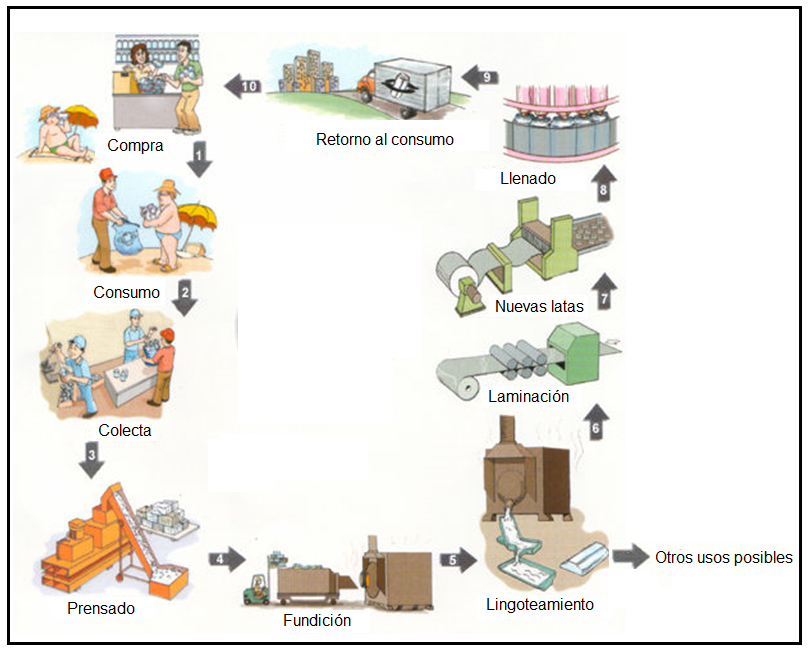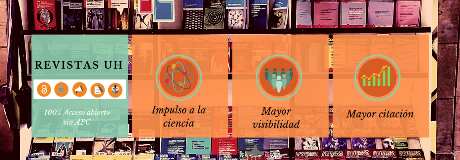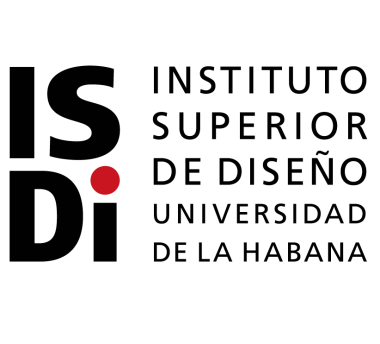El reciclaje como necesidad y responsabilidad social del diseñador.
##plugins.themes.bootstrap3.article.main##
Abstract
The industrial design is the activity proyectual that is guided to conceive in way original products seriados, putting emphasis in the form, function and use with a high-priority focus toward the user.
The objective of the present work is guided to meditate about the importance that has the reciclaje of the products that are designed, because to recycle is no longer an option, it is a necessity and a social responsibility.
Therefore, the designer with social conscience should take in consideration, among other, the increase of the functional qualities of the products designed by him, and the qualities of the materials used in the products. Among them that the used materials can be recycled at the end of their cycle of life, to produce new goods of consumption of quality and durability. It is also an ethical, social and economic problem.
Thanks to the reciclaje the disuse of materials is prevented potentially useful, he/she decreases the consumption of new matters cousins and energy, and the environmental contamination is mitigated.
The election of recyclable materials, such as metals, paper, cardboard, glass, textile and some plastics, it constitutes a good idea for the design of products with such characteristics.
The election of the material to use is a complex problem. Today advanced methods that allow the designers the most appropriate election exist. To dominate these methods is of a lot of importance for their varied impacts.
##plugins.themes.bootstrap3.article.details##

This work is licensed under a Creative Commons Attribution-NonCommercial-ShareAlike 4.0 International License.
- Attribution — You must give appropriate credit , provide a link to the license, and indicate if changes were made . You may do so in any reasonable manner, but not in any way that suggests the licensor endorses you or your use.
- NonCommercial — You may not use the material for commercial purposes .
- No additional restrictions — You may not apply legal terms or technological measures that legally restrict others from doing anything the license permits.
- ShareAlike — If you remix, transform, or build upon the material, you must distribute your contribution under the same license as the original. NOTE: This point applies to numbers 1 to 20 of the magazine with the previous CC-BY-NC-SA 4.0 license. Does not apply to the new CC BY-NC 4.0 license from Volume 11, Number. 21 (2024).
References
Ospina, W., Jurado, C. (2006) La otra responsabilidad social. En: Revista KEPES, año 3 Nro. 2, Enero-Diciembre, págs 53-68. Manizales: Universidad de Caldas. Colombia.
Bonsiepe, G. (2011). Diseño y Crisis. Disponible en: http://guibonsiepe.com.ar /guiblog/wp-content/uploads/2011/09/Disenio_y_crisis_2011_09_21.pdf.
Huidobro, M.G. (2005) Manual de Ética para el Diseño. Viña del Mar:DuocUC. Chile.
Gómez Barrera, Y.N. (2014). Diseño, responsabilidad social y desarrollo local. Creatividad y diseño gráfico. Creatividad y Sociedad, número 22. Madrid, España.
Ovacen. El reciclaje. Proyectos de arte y ejemplos de creatividad. Em: https://ovacen.com/reciclaje-creativo-proyectos-y-ejemplos/.
Potencialidades y retos del Diseño en Cuba. Publicado en: Actualización del modelo socialista cubano. 6 junio 2014.
Alegre, J.M. (2017). Diseñar para reciclar. Centro Español de Plásticos.
Alimonda, V. (2010). Diseño y Reciclaje: Una pareja sustentable. Sustentator.
Barrera, A., Quiñones, G. (2008). Diseño Socialmente responsable. Bogotá: Pontificia Universidad Javeriana.
Consejo de Administración del Programa de las Naciones Unidas para el Medio Ambiente (2010). Disponible en: http://www.unep.org/gc/gc26/download.asp?ID=1873
Guía metodológica PREDICA de Diseño Industrial. Fundación PRODINTEC.
Gómez, V. Selección de materiales. Programa Analítico: Capítulo 13. U. T. N. Facultad Regional Tucumán, Argentina.
Gómez Barrera, Y.N. (2014). Diseño, responsabilidad social y desarrollo local. Creatividad y diseño gráfico. Creatividad y Sociedad, número 22. Madrid, España.
Https://www.pinterest.com/pin/402720391669770037/
Melo Ramos, B. Reciclagem e sua sustentabilidade. En: https://pt.slideshare.net/eercavalcanti/reciclagem-e-sua-sustentabilidade-8152715.






















